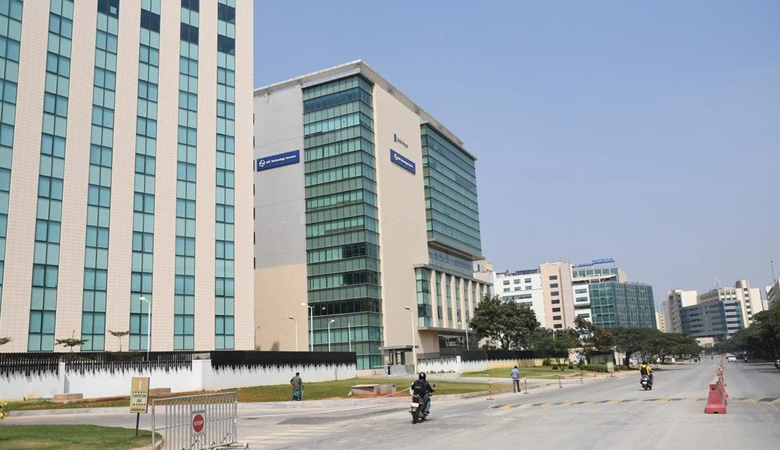Karnataka Government Considers Extending Work Hours in IT Sector Amid Controversy

News Mania Desk/Agnibeena Ghosh/22nd July 2024
In a move that could significantly alter the working landscape in Karnataka’s IT and ITES sectors, the state government is contemplating increasing the daily working hours to 14, up from the current maximum of 10, which includes overtime. This proposal comes on the heels of a recent controversy surrounding a job reservation policy for locals, sparking intense debate and concern among stakeholders.
The Karnataka State IT/ITeS Employees Union (KITU) has voiced strong opposition to this potential change, citing the considerable impact it would have on employees’ well-being and work-life balance. However, KITU’s press release did not clarify whether the existing upper limit of 48 working hours per week would also be revised, leaving a significant gap in understanding the full implications of the proposed Bill. Government officials have yet to disclose detailed specifics regarding the bill’s contents, further fueling uncertainty and apprehension.
Karnataka’s Labour Minister, Santosh Lad, has reportedly expressed opposition to the proposed amendments. Despite this, detailed objections from the minister remain undisclosed, contributing to the overall lack of transparency on the issue. This opacity has raised significant concerns among workers and industry observers, who are eager for more information on how these changes could affect the workforce and business operations in the state.
The proposed extension of working hours has sparked a heated debate within the industry. Stakeholders are anxiously awaiting more details to understand the potential impacts fully. The discourse surrounding this proposal reflects broader tensions within the state, especially following the recent uproar over the now-halted Bill that aimed to impose a 75% reservation for local candidates in non-management jobs and a 50% reservation in management roles within the private sector.
The controversy over job reservations is not unique to Karnataka. Prior to this, states like Haryana and Andhra Pradesh have also attempted to implement similar reservations for locals in the private sector. However, these laws have faced significant legal and political challenges, preventing their enforcement. These attempts raise critical questions about the Constitution’s stance on such matters and how courts might address these issues.
The Karnataka government’s latest proposal to increase daily working hours in the IT and ITES sectors adds another layer of complexity to the state’s labor landscape. The potential increase from 10 to 14 hours daily represents a substantial shift in working conditions, which could have far-reaching consequences for employee health, productivity, and overall industry morale. As the debate continues, both employees and employers are looking for clarity and assurances regarding their future work environment.
The broader implications of these proposed changes extend beyond Karnataka, reflecting a national trend where states grapple with balancing local employment policies with the demands of a competitive and often globalized industry sector. The challenges faced by Karnataka, Haryana, and Andhra Pradesh in enforcing job reservation laws underscore the difficulties in implementing such policies within the legal and constitutional framework of India.
The proposed changes to working hours and job reservation policies highlight the ongoing struggle to balance local employment needs with broader economic realities in one of India’s most dynamic and influential sectors.






